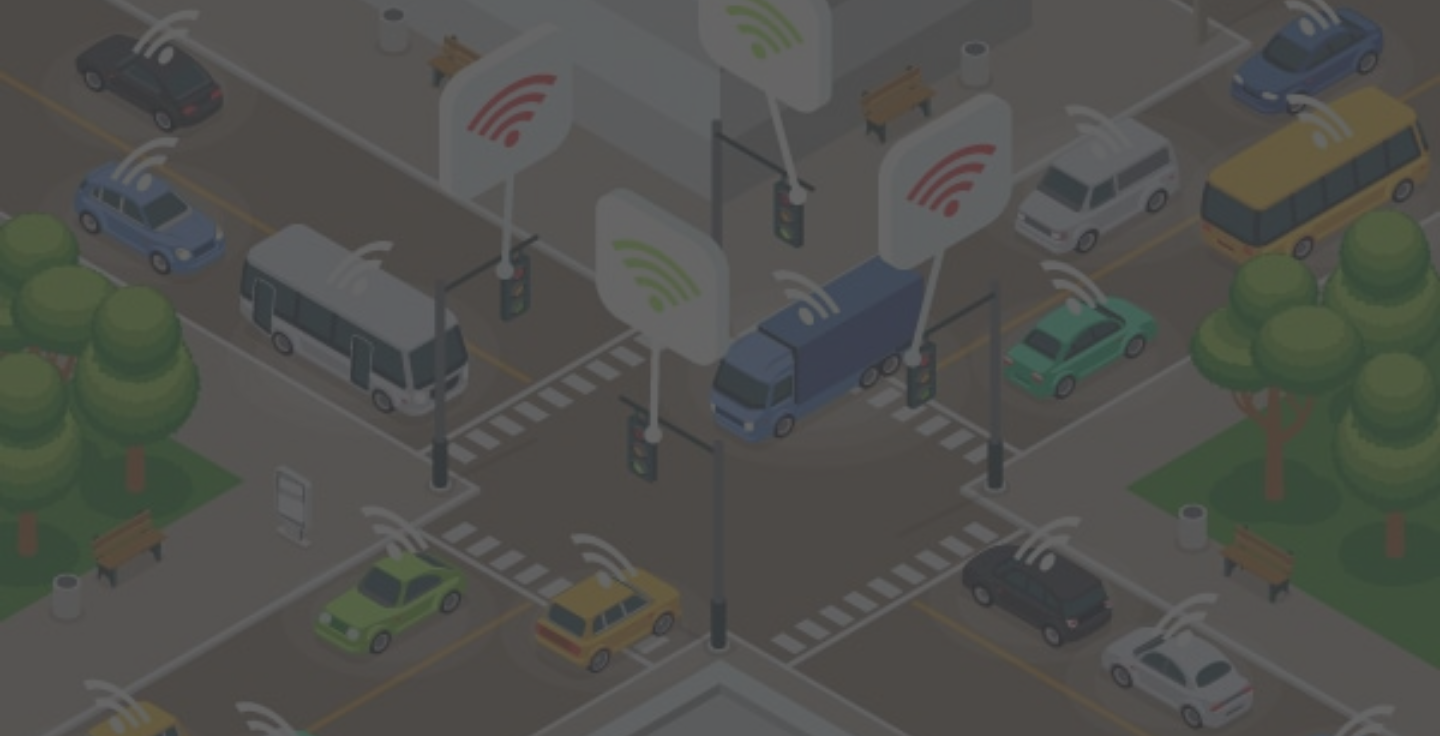

Consumers already have embraced IoT technology in the home and workplace, and they desire the same easy access to information and personalized services while on the road. Today’s connected vehicles are revolutionizing the driving and automobile ownership experience by collecting, analyzing and sharing car journey and location data, driver preferences and diagnostic data to provide personalized services and build brand loyalty.
Telematic systems have rapidly evolved from providing essential safety components like GPS navigation and location tracking, to interactive communication capabilities that enable convenient features including hands-free calls, real-time traffic updates, predictive maintenance, to high-touch concierge services, such as remote door unlock, automated billing at gas stations or the ability to search for fuel, parking, restaurants or other points of interest along the route.
The rising demand for in-vehicle connectivity is accelerating technological advances and the growth of the telematics market. Twenty-one million connected cars shipped in 2016. BI Intelligence estimates that 94 million will ship in 2021 and that 82% of all vehicles shipped in that year will be connected to the internet.
While auto manufacturers are increasingly using telematics data to understand customers’ needs, the issue of who has access to—and control over—driver data has become a hot-button debate within the industry. Consumers want to protect their personal information from being shared or sold without their permission; aftermarket telematics providers fear that OEMs will block access to embedded telematics systems; and automakers want to maintain control over third-party access to vehicle data.
The path forward calls for co-creation among industry stakeholders. Whether consumers rely solely on in-vehicle telematics systems or cobbled-together solutions using a variety of apps and smart devices, the competitive edge will likely go to providers that can integrate, package and present various sources of data and insights to the end-user in a format that is relevant, easy to consume and adds value for vehicle drivers and occupants.
The rapid growth of the telematics market will pose third-party device support challenges for customer service agents. Key customer service challenges facing telematics providers include:
Whether it’s helping a lost driver find his way, staying on the line with a disoriented driver after a collision or providing car owners with a detailed explanation of diagnostics alerts, CustomerServ’s telematics call center vendors have the industry expertise to deliver an exceptional experience that builds brand loyalty.
Our world-class vendors provide support for a wide range of telematics services, including:

The entire customerserv.com website is © Copyright 2022 by CustomerServ, Ltd. All Rights Reserved.
The customerserv.com site and its content may not be copied or duplicated in whole or part by any means without express prior agreement in writing.
Some photographs or documents contained on the site may be the copyrighted property of others; acknowledgment of those copyrights is hereby given.
All such material is used with the permission of the owner.